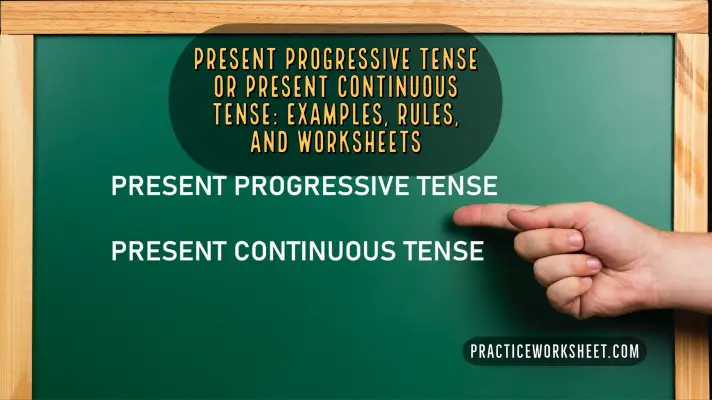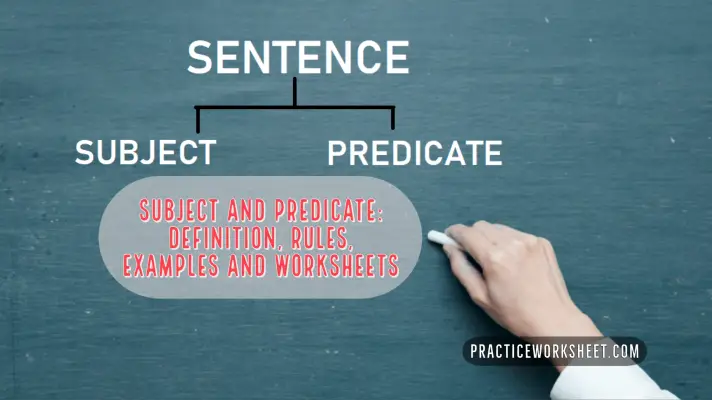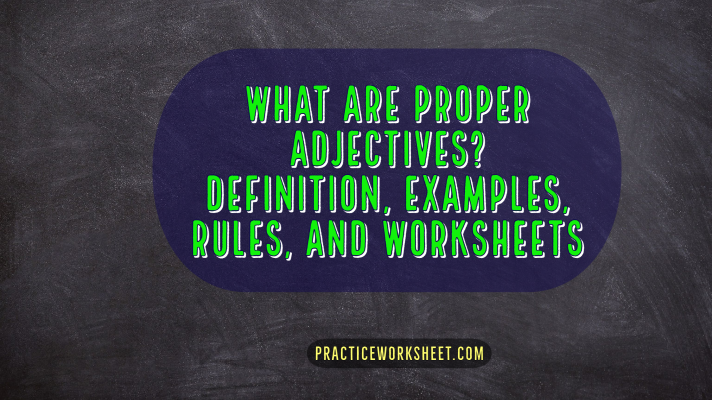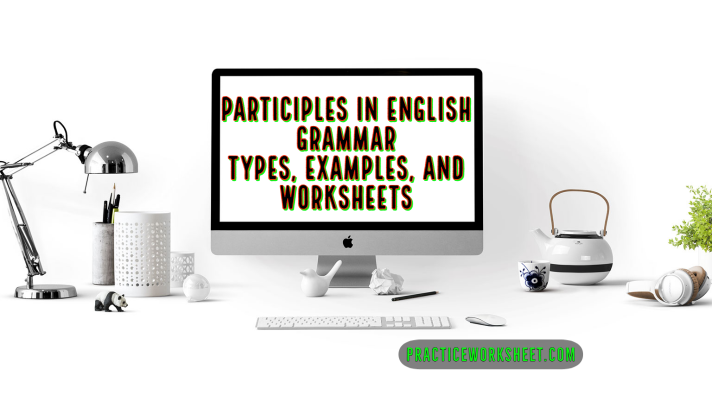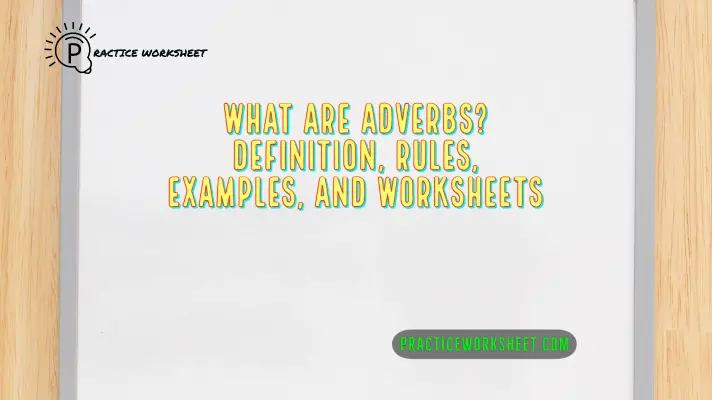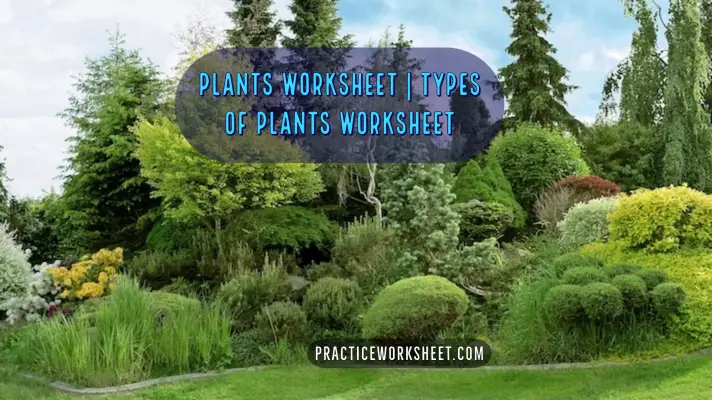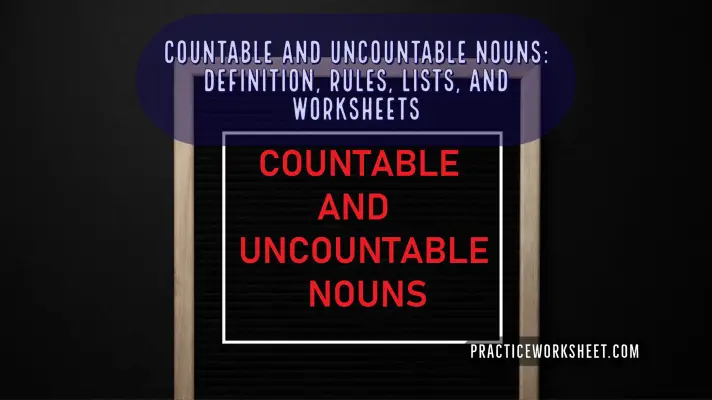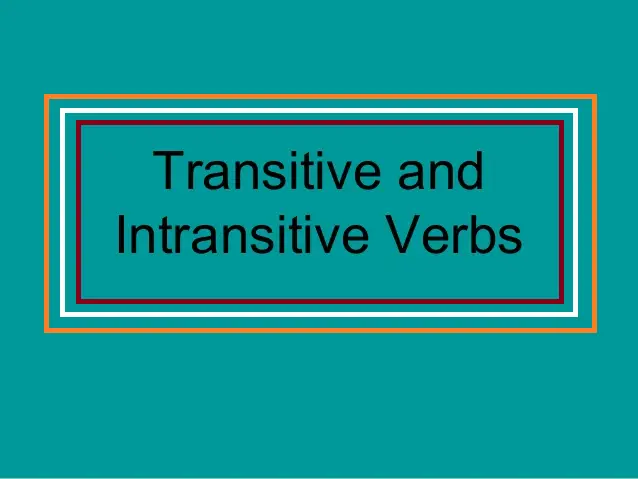What are Helping Verbs / Definition of Helping Verb
Helping verbs are a category of verbs that extends the meaning of the main verb in a sentence. Normally, They alone have no meaning, but they are useful to maintain the grammatical structure of the sentence. Helping verbs come before the main verb and help it to express the proper meaning. Helping verbs provide support to the main verb and add additional meaning. They express the time (past, present, or future) of the verb and sometimes convey special meanings related to probability, permission, potential, expectation, etc. Helping verbs must always be followed by a second verb known as the main verb. The combination of the helping verb and the main verb together are known as verb phrases.
Examples of Helping Verbs / Helping Verbs Example
Let’s understand the concept of “helping verb” with an example; “I can solve this puzzle”. In this sentence, the main verb is “solve”. But here the helping verb “can” is expressing the ability of the subject “I”. Note that, in a sentence, helping verbs always stand in front of the main verbs. There could be more than one helping verbs in a sentence. For example; In the sentence, “Swarnali could have used geared cycle in the competition“, both could and have are helping verbs.
Lists of Helping Verbs
In English Language, there are two types of helping verbs. They are
- Auxiliary Verbs
- Modal Verbs
Auxiliary Verbs are those helping verbs that are used to add emphasis or express tense. Depending on the subjects auxiliary verbs change their form. Common examples are;
- Helping Verb “To Be”: am, is, was, are, were, been, be, being (Indicates tense, voice or continuity)
- To do: do, does, and did (used to indicate negative form or ask a question or add emphasis)
- To have: has, have, and had (Tense)
For example, Aharsi is playing the keyboard; Here the helping verb “is” is indicating the present action of the main verb play.
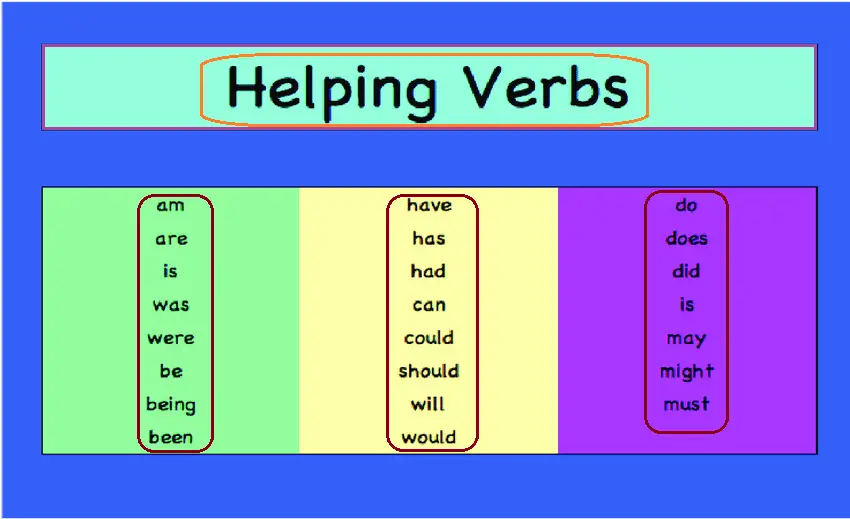
Modal verbs additionally modify the meaning or action of the main verb. Note that modal verbs do not change form when used in a sentence. They modify the main verb to express possibility, obligation, necessity, potential, etc. For example, in the sentence “Firan may not attend the party”; the modal verb may not is indicating a possibility of the main verb attend. Other examples of modal helping verbs are:
- Can (Used to denote ability)
- will (expresses future aspect or confidence of the subject)
- shall (future tense or commitment)
- must (used to indicate confidence or command)
- could (past tense or possibility)
- might (denotes possibility)
- would (habitual action of the past, future likelihood)
- should (request or likelihood)
- ought to (indicates command or request)
- dare (willingness)
- need (request or command)
Note that negative aspects of all the above helping verbs (both auxiliary and modal) are also helping verbs.
Use of Helping Verbs
Use of Helping Verbs to denote progressive or continuous tenses:
In the progressive or continuous tense the main verb ends in -ing, and preceded by an auxiliary helping verb. This aspect conveys the notion that an action is continuously occurring in an ongoing fashion.
- Ismat is singing a song.
- Advik was playing Ludo.
- Uttam is thinking to start a business.
In all the above sentences, the helping verbs (is, was) are used to indicate progressive tense aspects.
Use of Helping Verbs to denote perfect tenses:
The perfect aspect explains an action is (was/will be) in a state of progress and it is completed before a particular time. The perfect aspect is used in continuous form as well to show progressive actions.
- I have finished my lunch
- have you done your homework?
In the above sentences the auxiliary verb have is helping the main verbs to express the perfect tense aspect.
Use of Helping Verbs to Change Active Voice to Passive Voice:
The hunter killed the tiger (Active)=> The tiger was killed by the hunter (Passive)
In the above sentence, the helping verb “was” is used to change the voice from active to passive.
Use of Helping Verbs to Ask Questions:
Do you believe he will come? In this sentence the helping verb “do” is used to ask a question.
Using Helping verbs to express negative aspects:
I do not like him; In this sentence the helping verb do not is indicating negative aspect of the main verb like.
Helping Verbs Worksheets / Worksheets on Helping Verbs
Q1. Fill in the blanks using helping verb.
- Sudipta ____ reading her book.
- The boys ______ playing basketball.
- The girls _____ run a race tomorrow.
- The teacher _____ give us a lesson.
- The kids _____ swinging in the park.
- The boys _____ play football in the park tomorrow.
- The stars _____ shining in the sky.
- The man ___ drinking a cold drink.
- The woman _____ sweeping the floor with a broom.
- The donkey _____ carry a heavy load.
- Many children ____ playing in the playground.
- It ____ going to rain I think.
- Boys ____ flying their kites in the park.
- A dog _____ barking in the street.
- The goat ____eating grass.
- Birds ____ fly very fast.
Q2. Underline the helping verbs in the sentences given below.
- Vinita is drinking tea.
- The boy is eating an ice-cream.
- My mother is going upstairs.
- I shall write a letter to him tomorrow.
- Tanu is sitting outside.
- Brother will come downstairs.
- The woman saw the girls were dancing.
- Julia is talking to her friend.
- Rima shall go to her sister’s home.
- She is standing near the piano
- He is walking alone in the road.
- The child is playing with the toy car.
- Sumita is plucking flowers in the park.
- They are reading books.
- Today she is going to the market.
- Tomorrow we shall eat Biriyani.
Q3. Choose the correct helping verbs and fill in the blanks.
- The teacher ____ writing on the blackboard. (are, is)
- They ____sleeping in the room. (were, was)
- The farmers ____ ploughing their field. (was, were)
- They _____ cooking in the kitchen. (was, were)
- _____ you come tomorrow? (will, shall)
- I ______ try to do it. (should, would)
- We _______not argue with the parents. (should, would)
- You ______ go when you finish your study. (can, could)
- We ________ played Ludo. (are, have)
- Titly or Arunima ______ done this. (has, have)
- Raj and Roni ______ Watching television. (is, are)
- ________ you believe in God? (Do, Does)
- Rohan _______ recognize people easily. (has, was)
- It_____ rain today. (may, is)
- Everybody _______completed their work before time. (have, has)
- Sally and Dipali ______ prepared stew before. (will, have)
- He _______added spices and lemon juice. (had, is)
- His friends ________ just arrived for lunch. (are, have)
Q4. In each sentence, circle the main verbs and underline the helping verbs.
- The lady had asked for baking soda.
- People will enjoy the ice-cream later.
- Poonam is learning about the doughnut machine.
- Everyone has eaten Sarita’s dosa.
- We are taking chocolates for friends.
- On Sunday Mohor will bake a cake.
- Uttam is picking raspberries and blueberries.
- Lakshmi has pickled some fresh mangoes.
- Sriji had planted an herb garden.
- They are planning another tour.
- Mina and Tina have tossed the salad.
- She is becoming a great athlete.
- People are noticing her skill in badminton.
- Abhinav will surprise everyone.
- Others have expected little from her.
- He is not thinking about his fear or pain.
- He was forgetting all his problems.
- Mary Kom has changed Indian sorts history.
Q5. Match the sentence with the correct helping verb to fill the gap.
|
a. Riddhi’s pet fish _____swimming in the tank. |
Have, was, will |
|
b. They ______not purchased the fish bowl yet. |
|
|
c. Riddhi’s mother _____walking to the pet store. |
|
|
d. She ______ buy the largest fish bowl. |
Q6. Choose a helping verbs from the box to complete the sentence.
|
do, will, can, are, is |
- The store ________staying open until 7:00 p.m.
- Which flavor of ice-cream _____you like?
- My family ______ bring butter paneer to the picnic.
- During Rain, We ______ see the lightning and thunder in the sky.
- _______ we meeting in the coffee shop?

